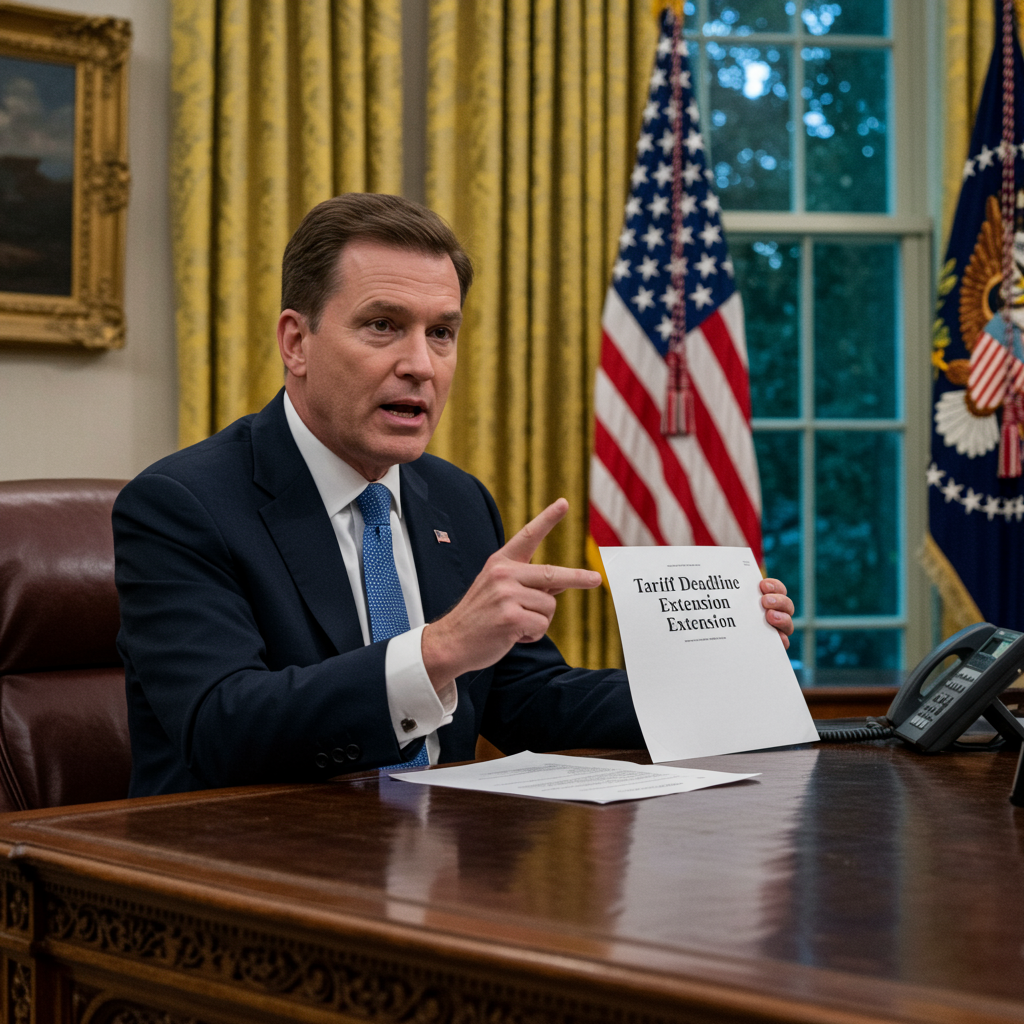Supreme Court Curbs Nationwide Injunctions
In a significant 6-3 decision, the U.S. Supreme Court has limited the power of individual federal judges to issue nationwide injunctions that block presidential executive orders and federal policies across the entire country. This ruling marks a major procedural victory for the executive branch, potentially easing the path for presidents to implement their agenda without immediate, broad judicial obstruction.
The High Court stated that such sweeping injunctions issued by lower courts “likely exceed the equitable authority that Congress has granted to federal courts.” The decision came in a legal challenge stemming from former President Donald Trump’s efforts to restrict birthright citizenship.
Trump Celebrates Ruling as a ‘Giant Win’
Former President Donald Trump quickly hailed the Supreme Court’s decision as a “giant win,” calling it a “big, amazing decision” and a “monumental victory for the constitution, the separation of powers and the rule of law.”
He argued that the ruling represents “common sense” and allows him to “act very quickly” on policies previously stalled by litigation. Trump strongly criticized what he termed “radical left judges” and “rogue justices” who, he claimed, used nationwide injunctions as a “grave threat to democracy” to overrule his presidential powers and strike down his policies.
According to Trump, this decision removes a significant obstacle, enabling his administration to “properly file to proceed with policies that have been wrongly enjoined.” Both former Attorney General Pam Bondi and Vice-President JD Vance echoed this sentiment, with Bondi stating the ruling would “stop the endless barrage of nationwide injunctions against President Trump” and Vance calling it a “huge ruling” that “smack[s] down the ridiculous process of nationwide injunctions.”
Impact on Birthright Citizenship Order
While the Supreme Court’s ruling focused on the scope of judicial power, not the constitutionality of birthright citizenship itself, its immediate practical effect is significant for the specific case that brought it before the court. The decision effectively dissolves the nationwide blocks that had prevented Trump’s executive order regarding birthright citizenship from taking effect.
The ruling allows Trump’s order, which aims to deny U.S. citizenship to children born in the U.S. to undocumented immigrants and those temporarily present, to partially go into effect in 30 days. Future legal challenges to the policy will now likely result in narrower injunctions, potentially limited only to the specific individuals or groups who file lawsuits, rather than blocking the policy across the entire nation.
It’s important to note that the ruling did not settle the underlying debate or the ultimate legal fate of the birthright citizenship policy itself. That fundamental question, rooted in the interpretation of the 14th Amendment (which grants automatic citizenship to nearly everyone born on U.S. soil), remains a subject of ongoing legal and political contention, with potential for future challenges to reach the Supreme Court.


